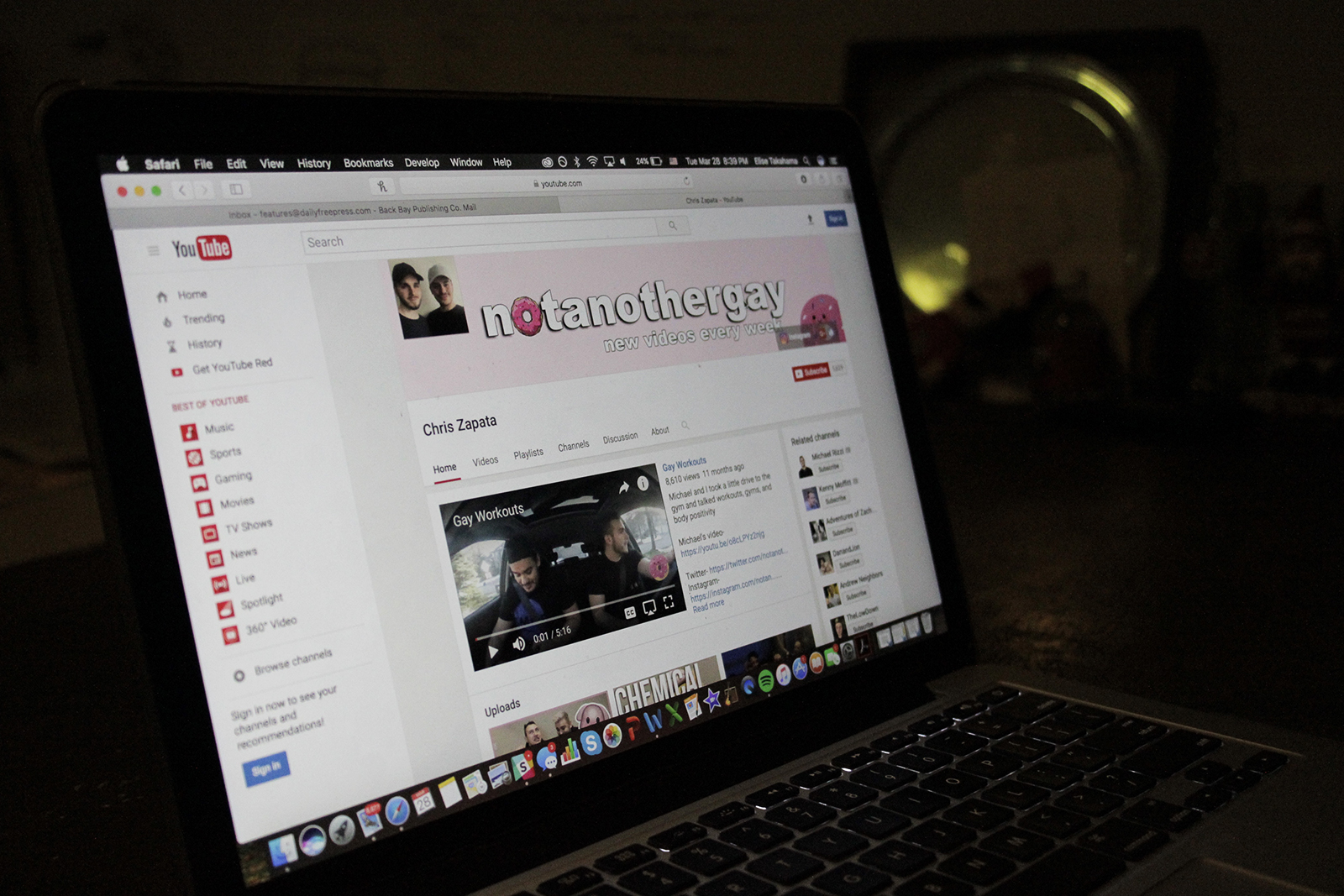By Isabelle El Khoury and Elise Takahama

Between receiving angry responses to discriminatory restrictions and recently losing financial support from major advertising agencies, YouTube has not had an easy month.
Beginning earlier this month, YouTube has come under fire after users pointed out that some videos regarding LGBTQ issues had been hidden by Restricted Mode, an optional setting that prevents viewing “objectionable content,” according to a YouTube Help page.
Since then, YouTube has promised to change their policy and correct this confusion, but still no action has been taken.
Although YouTube reached out to its users through Twitter with an apologetic message, it is “not enough” as YouTuber Stef Sanjati tweeted:
It's not an apology if you don't do anything to fix what you did. They've not said they're going to revise their system. Not enough. https://t.co/T1OxNj4AaS
— Stef Sanjati (@stefsanjati) March 20, 2017
As shown by a series of social media tweets, a portion of YouTube subscribers demand a fix to the faulty system and a redefinition of “sensitive” issues.
Fengyun Zhao, a freshman in Boston University’s College of Communication and a YouTuber, said he agreed with this sentiment of redefining restrictive content.
“YouTube needs to clarify what topics exactly are considered ‘restricted’ by them and what are not, if the restricted mode is going to be kept,” he said.
Zhao also explained that the restrictions assume too much of YouTube’s audience.
“LGBT content should be made available to all audience[s],” he said. “It is reasonable if YouTube wants to separate any sexual, violent or other possibly traumatizing videos for the young audiences … or YouTube could let parents choose the exact restriction parameters, instead of blindingly restricting for their users.”
Zhao added that YouTube’s next step should be clearly working with its content creators to avoid unnecessary restrictions.
Toronto-based LGBTQ YouTuber Chris Zapata has had a fairly positive experience with YouTube in the past, he said. But these restrictions have him rethinking this relationship.
“I think that typically YouTube has shown time and time again that they do support the LGBT community,” Zapata said. “They put a video out every year showing LGBT content and LGBT creators, and this kind of makes you question all the motives behind that.”
Of his 42 videos, 41 are blocked on Restricted Mode. This isn’t explicitly sexual, violent or inappropriate content. Zapata generally posts “light-hearted comedy” and discusses makeup, relationships, dating and coming out, among other things. But, because he uses tags such as “gay best friends,” “gay couple” or “gay boys” to boost his visibility, the vast majority of his videos must now be screened.
This is especially upsetting, he said, because he tries to cater many of his videos toward younger individuals who may struggle with LGBTQ-related issues.
“In many cases, these are videos children would need, such as coming out videos or dealing with your sexuality or dealing with tough situations like that,” Zapata said. He later said, “This is content that a 12-year-old coming out in a very small city or very small town could [use to] learn a lot about themselves and learn about queer life.”
Because many education systems don’t provide adequate information for LGBTQ life, Zapata said, YouTube has been a platform to teach and support each other.
“These are conversations that are already lacking in youth and this situation is further distancing people who really need them,” he said.
Despite serious consequences, Zapata said he doesn’t believe this was necessarily an intentionally discriminatory restriction. However, that does not mean YouTube is handling it in the best possible way.
“I don’t think Youtube has a vendetta against LGBT creators,” he said. “It’s just a flaw in [the] system, but they’re showing LGBT creators are not their first priority.”
On March 20, Johanna Wright, the vice president of product management at YouTube, issued an official apology and promised to correct the restrictions on the YouTube Creator Blog, saying “The bottom line is that this feature isn’t working the way it should. We’re sorry and we’re going to fix it.”
But for a company that’s so large and well-managed, it should be easy to make corrections much faster than this, Zapata said. This further points to his claim that he believes the company doesn’t really have the LGBTQ community’s best intentions at heart.
And now, many LGBTQ YouTubers are having to face a decision.
“It puts creators in a position where they have to choose between content that they love and the way which they make money,” Zapata said. “If a LGBTQ creator loves their content so much, they could really financially suffer.”
J. Robb Dixon, a professor of operations and technology management in BU’s Questrom School of Business, expressed similar sentiments, saying YouTube’s oversight could bring about “the option of moving their [users’] work to other platforms,” even though “that does come at some cost to them.”
Some, like Dixon, have began to wonder if the current presidential administration has anything to do with the controversy.
“Truth is that there have been proponents of preventing the access of minors to a variety of materials for many years across many technologies,” Dixon said. “Trump’s election may be making many businesses more cautious, whether they are actually being approached by the government or not.”

